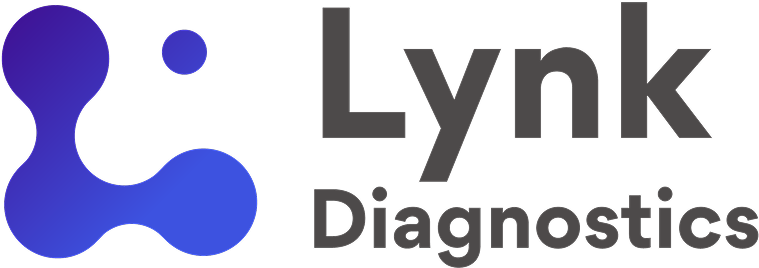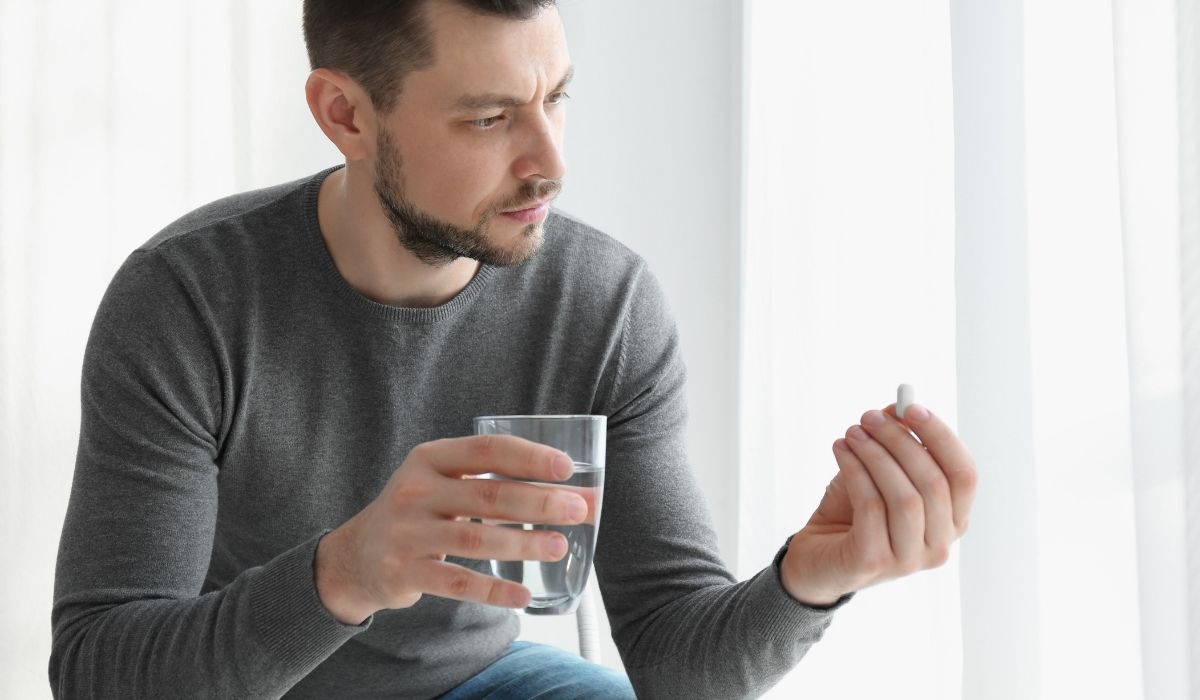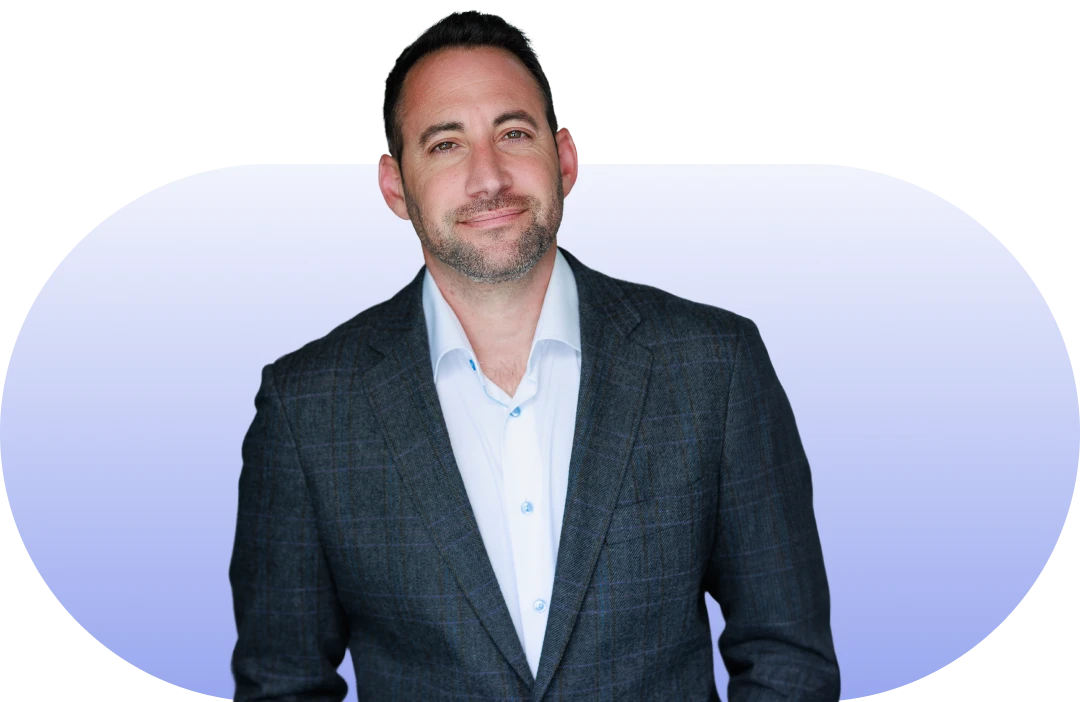What Is Phenibut?
Phenibut is a lab-made drug that affects the brain and nervous system. It’s not approved by the Food and Drug Administration (FDA) in the United States. Some people use phenibut to feel calm or to help with anxiety, stress, or insomnia. Others may take it thinking it’s a nootropic, which means it may help with cognition or focus. But phenibut can be dangerous and cause substance abuse or addiction.
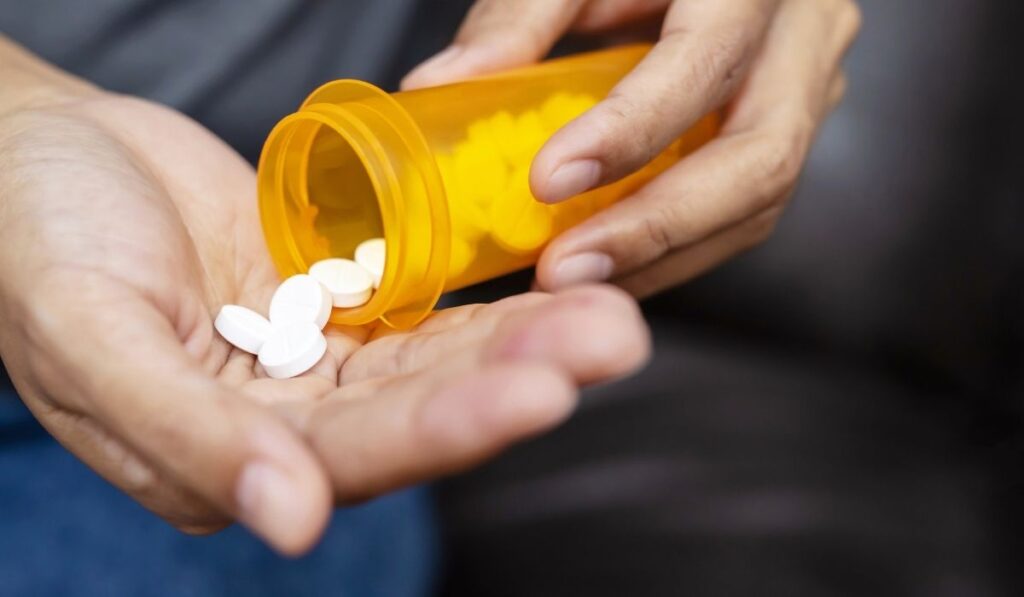
Where Did Phenibut Come From?
Phenibut was made in Russia in the 1960s. It was meant to treat mental health problems like depression, insomnia, and psychomotor agitation. In some countries, it’s still used with a prescription. But in the U.S., phenibut is not an approved medicine.
How Does Phenibut Work?
Phenibut works on a part of your brain called the GABA receptor. GABA stands for gamma-aminobutyric acid, a neurotransmitter that helps calm your brain. Phenibut is a GABA receptor agonist, which means it boosts the effects of GABA. This helps you feel more relaxed, sleepy, or even euphoric.
Phenibut also affects dopamine and may act like a sedative, depressant, or anxiolytic (a drug that fights anxiety).
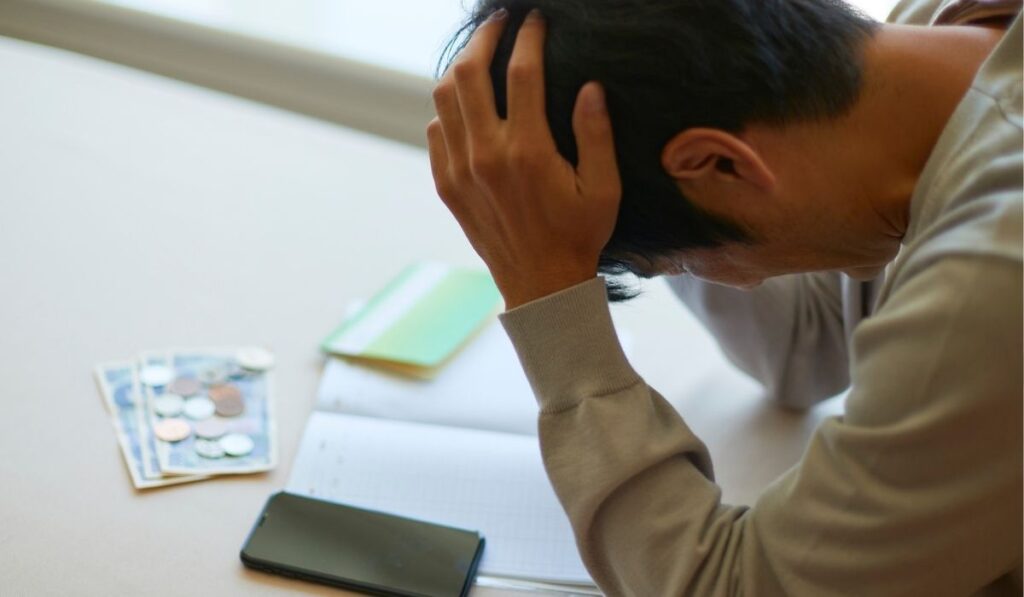
Is Phenibut a Controlled Substance?
In the U.S., phenibut is not a controlled substance, but that doesn’t mean it’s safe. The Drug Enforcement Administration (DEA) watches how people use phenibut. You can find it sold online as a dietary supplement, but it’s risky.
Why Do People Use Phenibut?
People may take phenibut for many reasons:
- To reduce anxiety
- To improve sleep or treat insomnia
- To boost mood or concentration
- For recovery after using other drugs or substances
- As part of therapy or to cope with mental health problems
Some also use phenibut to manage symptoms of restless legs syndrome, or hypertension, though this is not medically reviewed or approved.
What Are the Side Effects of Phenibut?
Phenibut can cause serious adverse effects. These include:
- Dizziness
- Confusion
- Sedation
- Unconsciousness
- Aggression
- Coma
- Psychosis
- Delirium
- Tachycardia (fast heart rate)
- Palpitations
- Myopathy (muscle weakness)
- Liver damage
- Fatty liver disease
Some people who use phenibut also experience:
- Seizures
- Breathing problems
- Somnolence (extreme sleepiness)
- Depression
- Mood swings
These problems can be worse when combined with other substances like opioids, benzodiazepines (such as diazepam, alprazolam, lorazepam, or chlordiazepoxide), or alcohol.
What Happens With Too Much Phenibut?
Taking too much phenibut can lead to toxicity, coma, or death. Some users mix it with drugs like fentanyl, methamphetamine, or tetrahydrocannabinol (THC). This is called polysubstance use and is very risky.
When phenibut is taken in high dose, it may act like a poison in the body. You may need medical detox, rehab, or even care from a mental health professional.
Is Phenibut Addictive?
Yes, phenibut can be addictive. People can build a physical dependence, which means their body gets used to it. Stopping phenibut suddenly may cause withdrawal symptoms like:
- Anxiety
- Insomnia
- Nausea
- Hallucinations
- Psychosis
- Seizures
- Aggression
Some patients need dual diagnosis treatment for both addiction and a mental disorder.
Can Phenibut Be Detected on a Drug Test?
Phenibut usually does not show up on a regular urine drug test, but some special toxicology screens might detect it. If you are a patient in a hospital or psychiatry clinic, doctors may run extra tests.
What Is the Legal Status of Phenibut?
In some countries, phenibut is banned. In others, it is sold as a dietary supplement, but not as medicine. In the U.S., the FDA has warned against selling phenibut in vitamin or supplement form because of safety risks.
What Is the Difference Between Phenibut and Other Drugs?
Phenibut is similar to:
- Baclofen (a muscle relaxant)
- Gabapentin or pregabalin (types of gabapentinoids)
- Phenobarbital and valproate (used for seizures)
- Clonidine, buprenorphine, or naltrexone (used in addiction treatment)
- Olanzapine, haloperidol, and other psychology or psychiatry drugs
Even though phenibut works on the same receptor, its effects can be more intense or unpredictable.
What Happens During Phenibut Withdrawal?
Withdrawal from phenibut can be very hard. You may feel:
- Restless
- Anxious
- Confused
- Unable to sleep
- Depressed
Medical teams may use medicine like lorazepam, diazepam, or melatonin to help you through withdrawal. Medical detox and rehab are often needed.
What Should You Do If Someone Misuses Phenibut?
If you or someone you know misuses phenibut, talk to a physician, mental health professional, or health care provider. Treatment may include:
- Medical detox
- Therapy (including coping skills)
- Relapse prevention
- Dual diagnosis treatment
- Working with a recovery team
Getting help can stop the cycle of abuse, addiction, and mental health struggles.

FAQs About Phenibut
What is phenibut used for?
Phenibut is used by some people to reduce anxiety, help with sleep, or improve mood and focus. But it is not approved by the FDA and can be dangerous.
Is phenibut safe to take?
No, phenibut is not considered safe, especially without a prescription. It can cause serious side effects, addiction, and even overdose.
Can phenibut help with mental health?
While some people use phenibut for mental health, it is not approved therapy. Safer options include talking to a mental health professional or taking FDA-approved medication.
How long does phenibut stay in your system?
It depends on your dose, how your body metabolizes it, and the route of administration (such as oral administration). Effects can last up to 24 hours, and risks may stay longer.
Can phenibut cause addiction?
Yes, phenibut can lead to physical dependence, addiction, and withdrawal symptoms. Long-term use without medical care can be very harmful.
Key Takeaways of Phenibut
Phenibut may seem like a way to feel better fast. But using it without medical supervision can harm your health. If you’re struggling with mental health, substance abuse, or stress, reach out for help. Safe and effective treatments are available.
If you need support in Arkansas or anywhere in the U.S., many rehab and mental health centers can help with polysubstance use, dual diagnosis, and recovery plans.
